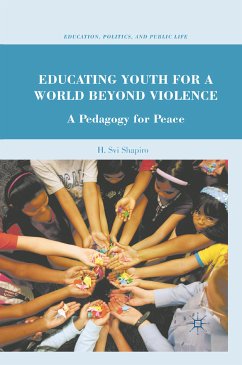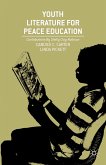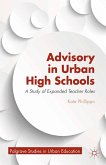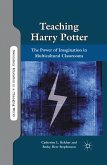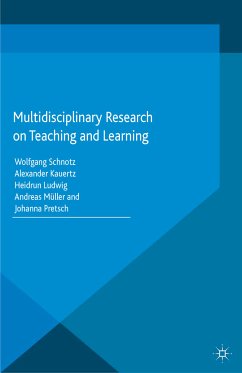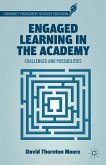Dieser Download kann aus rechtlichen Gründen nur mit Rechnungsadresse in A, B, BG, CY, CZ, D, DK, EW, E, FIN, F, GR, HR, H, IRL, I, LT, L, LR, M, NL, PL, P, R, S, SLO, SK ausgeliefert werden.
"While he acknowledges that it will take more than schools to change our current systems of thought and action, Dr. Shapiro also acknowledges that schools offer us the opportunity to show our children a different way to be - a way to peace. While his vision is idealistic, his analysis is firmly planted in the inequities of today. He describes the suffering in the world with explicit candor, yet his critique never loses the humanity of the actors in our social conflicts and thus, the possibility for real transformation. His language invites us in and speaks to the most noble, humane, and compassionate sides of ourselves. By the end, we want to transform the education system because it seems like the most just thing to do. This book could not be more significant as it addresses the despair in the world today and gives us a sensible path for hope, a path that we can realize if we trust our better impulses." - Daniel Chapman, Assistant Professor of Curriculum Studies, Georgia Southern University

